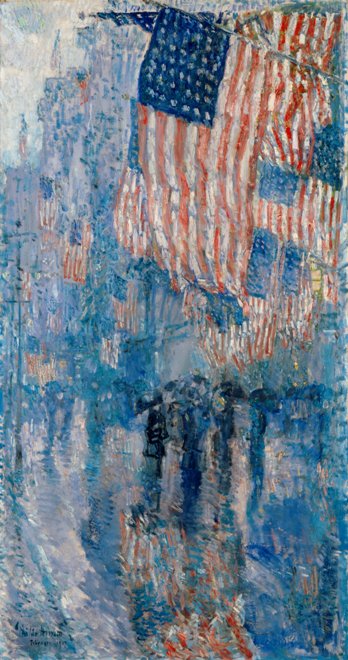Most studies agreed that a radical improvement in the level of crime in America would depend on the return to a more religious culture. Historians have always noted that religion had proved the best form of social control.
The force of religion, right from the outset, was the most important factor in shaping American society. Religion was held by virtually all Americans, irrespective of their beliefs, to be not only desirable but the essential part of the national fabric. According to Tocqueville, ‘Americans held religion to be indispensable to the maintenance of free institutions.’ Religion was identified first with republicanism, then with democracy, so as to constitute the American way of life, the set of values, and the notions of private and civil behavior which Americans agreed to be self-evidently true and right. In consequence, those who preached such values from the pulpit or who most clearly, even ostentatiously, upheld them from the pews, were acknowledge to be among the most valuable citizens of the country. Whereas in Europe, religious practice and fervor were often, even habitually, seen as a threat to freedom, in America they were seen as its underpinning. In Europe religion was presented, at any rate by the majority of its intellectuals, as an obstacle to progress; in America, as its dynamics.
Religious consensus had been the central part of America’s democratic unity and strength.
The main religious political pressure-group, the Christian Leadership Conference, constituted the more assertive face of American Christianity, the heart of the moral majority.
America today, with its unrivaled power, is a human achievement without parallel. Americans do not believe that anything in this world is beyond human capacity to soar to and dominate. They are still the best hope for the human race.

